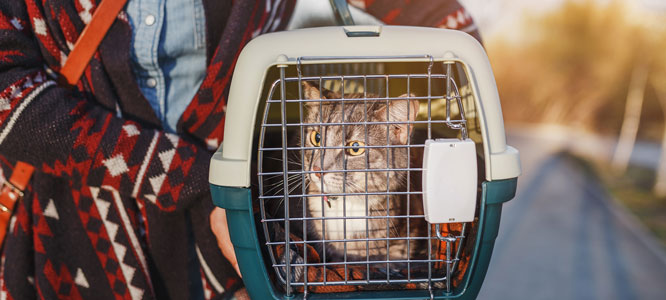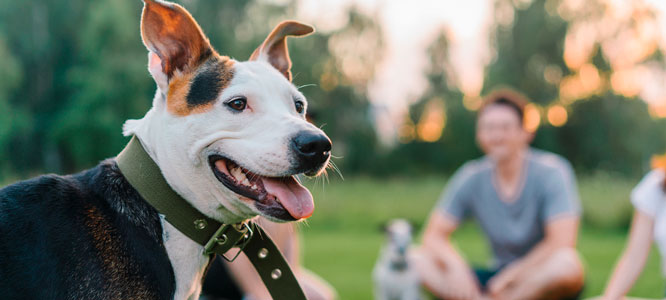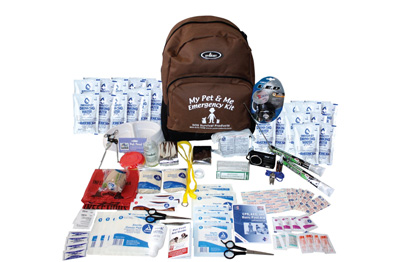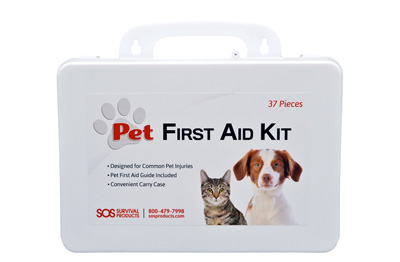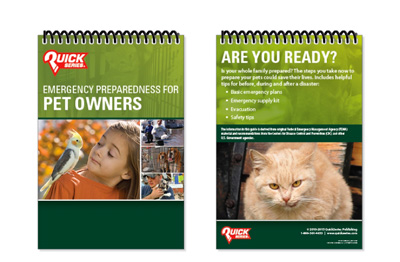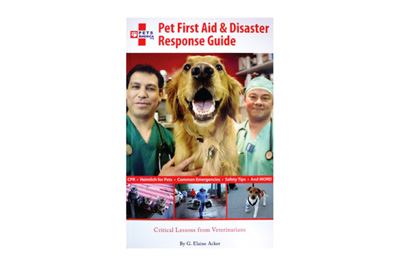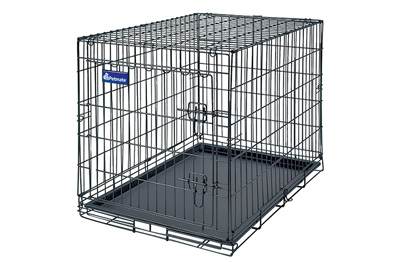
Holiday Safety Tips for Pet OwnersWednesday, December 14, 2016 The holidays are a joyous occasion, but they can also be a hectic and stressful time for many pet owners and subsequently their pets. Between Thanksgiving and the New Year, the appearance of our homes changes quickly and sometimes dramatically, new and intriguing foods make their debut at the table, and visitors and noise levels tend to increase. Ensure this time remains enjoyable and safe for your pet with these quick tips: Holiday DécorMost of us decorate for the holidays, whether we simply add a few new plants to the coffee table or go all out “Christmas with the Kranks”-style. Here's what to watch out for when trimming your home for the holiday season:
Whether or not these items will be an issue for you will depend on your pet. If you own a young pet or one that's known for being a notorious chewer, it's important to make the proper adjustments to your holiday décor before an accident can occur. Identify opportunities for danger as you would with a young child, and move items out of reach whenever necessary. Remember that large dogs and cats have no problem cruising high counters, especially when left unsupervised. Food
If the idea of holiday food makes your mouth water, you're not alone. The holidays tend to be a free-for-all for even the strictest dieters, and rules about feeding our pets from the table tend to become a bit laxer. But by offering your pets human goodies, you could be creating a gastronomic dilemma at the least and preparing yourself for a trip to the emergency vet at the worst.
Foods Toxic to Dogs:
Foods That Are Bad for Cats:
Beware of holiday foods that contain these like fruit salads, stuffing and desserts. Below is an additional list of foods we don't recommend feeding to pets:
Instead of human holiday foods, give your pets the gift of good health this season. Provide them with small portions of unsweetened, unseasoned and unsalted snacks such as apples, carrots, cauliflower, salmon or tuna. These are high in vitamins and essential fatty acids. Never give caffeine or alcohol to pets, even in small amounts, as these can cause disturbances in heart rate and metabolism. ConfinementThe holidays provide additional opportunities for your pet to make his or her escape. You're likely to spend more time coming, going and inviting guests during this time, possibly adding to an already nervous pet’s desire to run. To keep your escape artist safe this holiday season, make sure you consider the following:
FireworksMore dogs go missing on the 4th of July and New Year’s than any other day of the year. If your pet is afraid of thunder, rumbling trucks or sudden loud noises, it will likely be nervous about fireworks as well. Keep the following in mind this New Year:
If you cannot stay home this New Year:
Never leave pets unsecured in a backyard assuming they'll stay put. The Holiday MessIf you’re like most, your home will likely require some extra care to recover from the holiday season. Between the décor, the gifts and the party favors, it may feel like the house has actually gotten smaller. Take extra care during this time to ensure your furry friend doesn’t ingest things it shouldn’t, such as wrapping paper, small toys, streamers or confetti. |


 Check out these holiday No's before treating your pets this season.
There are certain foods you should never give to pets because they are toxic and can cause organ or metabolic failure, seizures and death:
Check out these holiday No's before treating your pets this season.
There are certain foods you should never give to pets because they are toxic and can cause organ or metabolic failure, seizures and death:
